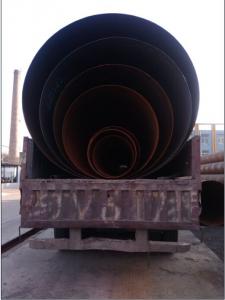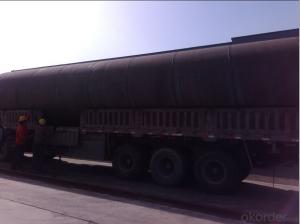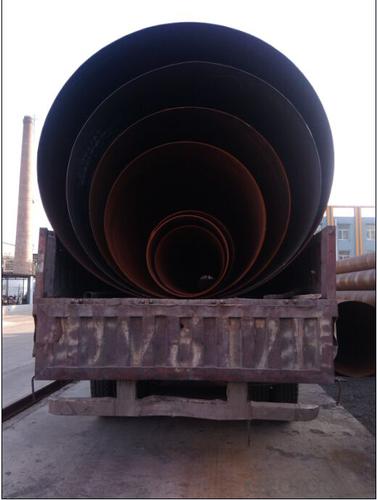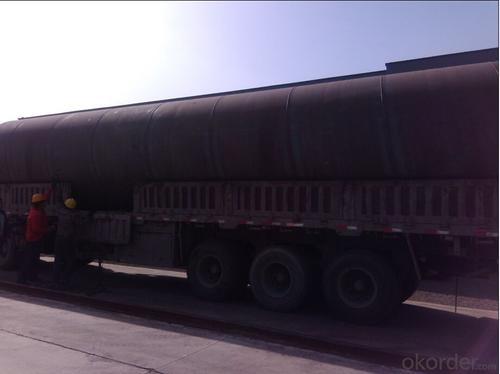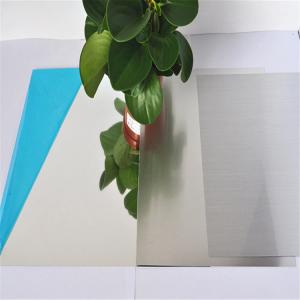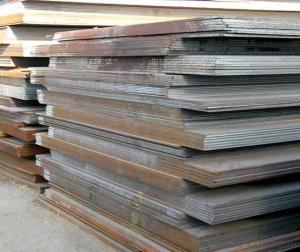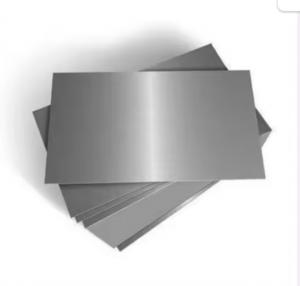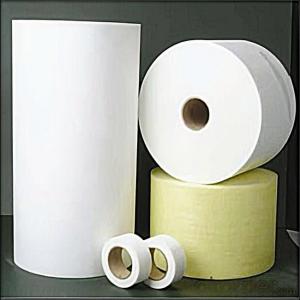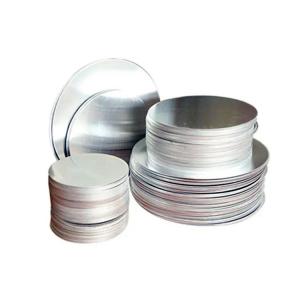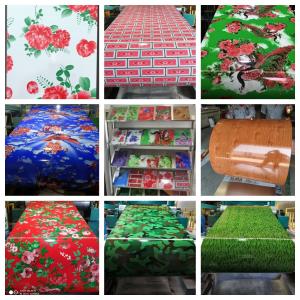Round Steel Pipes Exporter - Spiral Steel Pipe Carbon ASTM/ API/ JIS/ DIN
- Loading Port:
- China Main Port
- Payment Terms:
- TT OR LC
- Min Order Qty:
- -
- Supply Capability:
- -
OKorder Service Pledge
OKorder Financial Service
You Might Also Like
Packaging & Delivery
Packaging Detail: | standard export packing or as customer's requirement |
Delivery Detail: | within 10 - 30 days |
Specifications
Spiral Welded Steel Pipes and Tubes
1.Material:Q195-Q235
2.Length:1-12m
3.WT:1.0-14mm
4.O.D.:20-273mm
Spiral Welded Steel Pipes and Tubes
Product Description:
1.Material : Q235,Q345,L245,L290,L360,L415,L450,L485,GrB,X42,46,X52,X56,X60,X65,X70,X80,X100
2,Standard: SY/T5037-2000,GB/T9711-2011,API Spec 5L PSL1/PSL2,ASTM A252\A53,ISO3183,DIN17172,EN10217,JIS G3457,AWWA C200,ASTM A139,ASTM A671,ASTM A672
3.Wall thickness: 3.0mm-30mm
4.Outer diameter: φ168mm-3020mm
5,Length: 5m-12m or as your requirement
6,Corrosion protection standard: DIN30670,DIN30671, AWWAC210, AWWA C203, SY/T0413-2002,SY/T0414-2002
7,Application: Oil, gas, natural gas, water pipe, thermal electricity pipe, steel structure engineering, etc
Q195-q345 Material Steel Pipe's Materials
Elements | Chemical Compsition% | Mechanical Property | ||||||
| C% | Mn% | S% | P% | Si% | Yield Point (Mpa) | Tensile Strength(Mpa) | Elongation |
Q195 | 0.06-0.12 | 0.25-0.50 | <0.050 | <0.045 | <0.030 | >195 | 315-430 | 32-33 |
Q215 | 0.09-0.15 | 0.25-0.55 | <0.05 | <0.045 | <0.030 | >215 | 335-450 | 26-31 |
Q235 | 0.12-0.20 | 0.30-0.70 | <0.045 | <0.045 | <0.030 | >235 | 375-500 | 24-26 |
Q345 | <0.20 | 1.0-1.6 | <0.040 | <0.040 | <0.55 | >345 | 470-630 | 21-22 |
- Q:Can galvanized pipe be welded with seamless steel tube? What should I do to connect?
- To look at the use of concrete after welding, if the stress is relatively large and thin galvanized pipe wall is recommended to not use welding, if the requirement is not high Po mouth welding should be welding depends on galvanized pipe material selection electrode generally no sealing material are 20
- Q:What do you mean by "SC" in welded pipe SC200? What's the diameter of 200?
- SC in principle, it should be called water gas pipe, also called thick wall steel pipe;
- Q:Can steel pipes be used for conveying chemicals?
- Yes, steel pipes can be used for conveying chemicals. Steel pipes are known for their high strength and durability, making them suitable for transporting various chemicals. Additionally, they are resistant to corrosion, which is crucial when dealing with corrosive substances. However, it is important to consider the specific type of chemical being transported and ensure that the steel pipes are compatible with it to avoid any chemical reactions or damage to the pipes.
- Q:What are the different coating options for steel pipes?
- There are several coating options available for steel pipes, each serving a specific purpose and providing unique benefits. Some of the most common coating options for steel pipes include: 1. Fusion Bonded Epoxy (FBE) Coating: FBE coating is a popular choice for steel pipes used in various industries. It provides excellent corrosion resistance, impact resistance, and adhesion to the pipe surface. FBE coating is typically applied through a heat-induced chemical reaction, creating a durable and protective layer. 2. Polyethylene (PE) Coating: PE coating is commonly used for underground steel pipes, as it provides superior resistance against corrosion, abrasion, and chemicals. This coating is applied using extrusion methods and forms a seamless layer over the steel pipe, preventing any moisture penetration. 3. Polyurethane (PU) Coating: PU coating is known for its exceptional resistance to abrasion, chemicals, and harsh environmental conditions. It is commonly used for steel pipes exposed to extreme temperatures or in aggressive environments. PU coating can be applied in multiple layers to provide enhanced protection. 4. Coal Tar Enamel (CTE) Coating: CTE coating is a traditional option for steel pipes that require protection against corrosion. It is a thick, black coating that provides excellent resistance to water, soil, and atmospheric corrosion. CTE coating is typically applied using a hot-applied coating method. 5. Zinc Coating: Zinc coating, also known as galvanization, is a widely used protective coating for steel pipes. It involves applying a layer of zinc to the pipe surface, creating a barrier against corrosion. Zinc coating can be applied through hot-dip galvanization or electro-galvanization methods. 6. Concrete Coating: Concrete coating is often used for steel pipes in underground or submerged applications. It provides a robust protective layer against corrosion, abrasion, and mechanical damage. Concrete coating is typically applied as a cement mortar or a reinforced concrete layer. These are just some of the coating options available for steel pipes. The choice of coating will depend on factors such as the intended application, environmental conditions, and required durability. It is essential to select the appropriate coating to ensure the longevity and performance of the steel pipes in various industries.
- Q:How are steel pipes used in structural applications?
- Steel pipes are commonly used in structural applications due to their high strength and durability. They are used for various purposes such as supporting structures, transferring loads, and providing stability. Steel pipes can be used as columns, beams, or trusses in buildings, bridges, and other structures. They are also used for underground water and gas pipelines, as well as in industrial and manufacturing facilities. Overall, steel pipes play a crucial role in providing stability and strength to structural applications.
- Q:What are the different end types for steel pipes?
- Steel pipes can have various end types, each designed for a specific purpose. Some common end types include: 1. Plain End: This is the simplest type, with no threading or special treatment. It is used for non-threaded applications or when welding is required. 2. Threaded End: These ends have male threads on one or both sides, allowing for easy connection with other threaded fittings or pipes. They are commonly used in plumbing and gas applications that require easy assembly and disassembly. 3. Beveled End: Beveled ends are cut at an angle (usually 30 or 45 degrees) to facilitate welding. The smooth transition between the pipe and the weld joint ensures a strong connection. They are used in construction, oil and gas, and pipeline industries. 4. Coupling End: These ends have female threads on both sides, enabling the joining of two pipes with a coupling or fitting. They are often used in plumbing systems or for easily disassembling pipe sections. 5. Flanged End: Flanged ends have a flared or raised lip on one or both sides, allowing for easy attachment to other flanged components like valves or pumps. They are commonly used in industrial applications requiring secure connections. 6. Socket Weld End: These ends have a socket or recess on one or both sides, allowing for easy connection with socket weld fittings. They provide a strong joint and are commonly used in high-pressure applications, such as petrochemical or power plants. These examples demonstrate the variety of end types available for steel pipes. The choice depends on specific application requirements, including the need for easy assembly, disassembly, or compatibility with other fittings.
- Q:How are steel pipes used in the aerospace manufacturing industry?
- Steel pipes are commonly used in the aerospace manufacturing industry for various purposes such as hydraulic systems, fuel lines, and structural components. They offer excellent strength, durability, and resistance to high temperatures, making them ideal for carrying fluids and supporting the overall structure of aircraft.
- Q:Can steel pipes be used for underground applications?
- Yes, steel pipes can be used for underground applications. They are commonly used for underground piping systems in various industries such as water, oil, and gas. The durability and strength of steel make it suitable for withstanding underground conditions, providing reliable and long-lasting performance.
- Q:Are steel pipes suitable for transporting chemicals?
- Yes, steel pipes are suitable for transporting chemicals. They are known for their durability, corrosion resistance, and high strength, which makes them ideal for carrying various chemicals safely and efficiently. Additionally, steel pipes can withstand high pressure and extreme temperatures, making them a reliable choice for transporting chemicals in industries such as oil and gas, petrochemicals, and manufacturing.
- Q:How are steel pipes made?
- Steel pipes are made through a process called seamless or welded pipe manufacturing. In seamless manufacturing, a solid steel billet is heated and pierced to form a hollow tube. It is then stretched and rolled to the desired diameter and wall thickness. Welded pipes are made by bending and welding a steel plate or strip to form a cylindrical shape. The welded seam is then heat-treated to ensure its strength and durability. Both processes involve subsequent finishing and inspection to meet the required specifications and quality standards.
1. Manufacturer Overview |
|
|---|---|
| Location | |
| Year Established | |
| Annual Output Value | |
| Main Markets | |
| Company Certifications | |
2. Manufacturer Certificates |
|
|---|---|
| a) Certification Name | |
| Range | |
| Reference | |
| Validity Period | |
3. Manufacturer Capability |
|
|---|---|
| a)Trade Capacity | |
| Nearest Port | |
| Export Percentage | |
| No.of Employees in Trade Department | |
| Language Spoken: | |
| b)Factory Information | |
| Factory Size: | |
| No. of Production Lines | |
| Contract Manufacturing | |
| Product Price Range | |
Send your message to us
Round Steel Pipes Exporter - Spiral Steel Pipe Carbon ASTM/ API/ JIS/ DIN
- Loading Port:
- China Main Port
- Payment Terms:
- TT OR LC
- Min Order Qty:
- -
- Supply Capability:
- -
OKorder Service Pledge
OKorder Financial Service
Similar products
New products
Hot products
Hot Searches
Related keywords
